“I have panic attacks. They come out of nowhere. Now I walk around anxious, waiting for the next attack to descend. It’s like being in a war,” Patty said.
“I get anxious, then depressed about being anxious, and then anxious about being depressed,” Dave chimed in.
Patty and Dave’s daughter Brittany was their only child. She grew into a lovely and poised young woman. She excelled in academics through college and graduate school and landed a fantastic job in a great company. She quickly settled into her new, big-city life.
Brittany began her days by running in the park. One morning she didn’t come back. The police found her a few hours later, slain by an unknown assailant. She was 27.
“It’s unbelievable, even now. What kind of world do we live in where these things happen?” Patty asked.
Anxiety and depression make a challenging combo.
Here are 5 things to remember about this challenging duo:
1. The anxiety-depression combo is common in grief.
Experiencing some anxiety and depression in times of grief is natural and common. We tend to consider them opposites, but they often go together.
2. The anxiety-depression combo can be driven by genetics and physiology.
Though we think of them as primarily emotional issues, this anxiety-depression combo can also be our physiology expressing itself.
Each of us is unique. All of us have a somewhat different, one-of-a-kind biochemistry operating in our brains. Much of this is genetic, but also shaped by our background and life experiences.
3. The anxiety-depression combo is often triggered by someone or something.
In many cases, both anxiety and depression are sprung by a specific trigger – a visual, sound, smell, taste, place, person, or situation. Essentially, anything can be a trigger, and it can occur anytime, anywhere.
There are other times, however, when our personal biochemistry sets us up for fight-or-flight even when no trigger seems to be present.
4. Some of us seem to be predisposed to the anxiety-depression combo.
Perhaps we have a predisposition to anxiety or depression. Maybe our early life and childhood revealed a high base level of one, the other, or both. It’s like our bodies suddenly betray us. Randomly and out of the blue, anxiety or depression descends upon us and almost immediately takes on a life of its own.
Many describe these episodes of panic or depression as coming upon them from the outside, rather than emerging from within them. No matter how they come (trigger or no trigger), or from where (inside or outside), anxiety and depression often come together. Depression and anxiety can be two sides of the same coin.
5. The anxiety-depression combo needs to be acknowledged and addressed.
This is hard to understand and even more challenging to navigate. Learning to recognize, acknowledge, and begin to address this 2-sided coin is important in the grief process.
“Panic and depression descend from nowhere. I’ll honor you with how I deal with them.”
A possible action step:
Anxiety-depression can appear seemingly randomly, coming primarily from our personal biochemistry. If this is the case for you, it may be time to consider contacting your doctor or mental health professional. If this 2-sided coin is partially or mostly physiological, medication can be beneficial for some. The ultimate goal is to process and adjust to this terrible loss in the healthiest way possible. If biochemistry is significantly involved, medication can assist us in getting to the point where we can process this loss and deal better with the resulting grief.
Taking care of yourself emotionally, mentally, and physically is a wonderful and powerful way to honor your loved one.
Adapted from the USA Best Book Awards Finalist and Amazon bestseller, Shattered: Surviving the Loss of a Child. Shattered is now available in audio.
Question: What have you found helpful for dealing with anxiety and / or depression?
Related resources:
How to Tell if You’re In a “Funk” Or If It’s High-Functioning Depression Or Anxiety – Bustle.com
The 5 Step Anti-Anxiety Prescription – Wellness.com
5 Tips for Winning the Depression Battle – garyroe.com
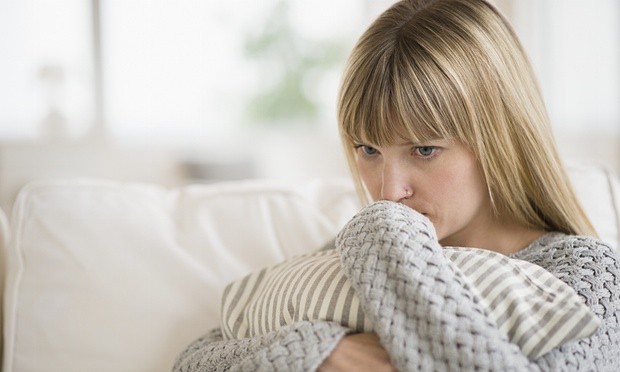

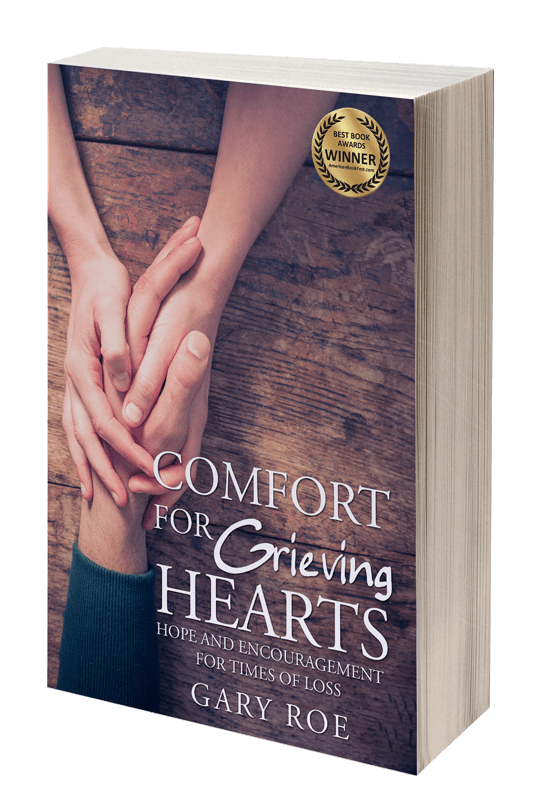
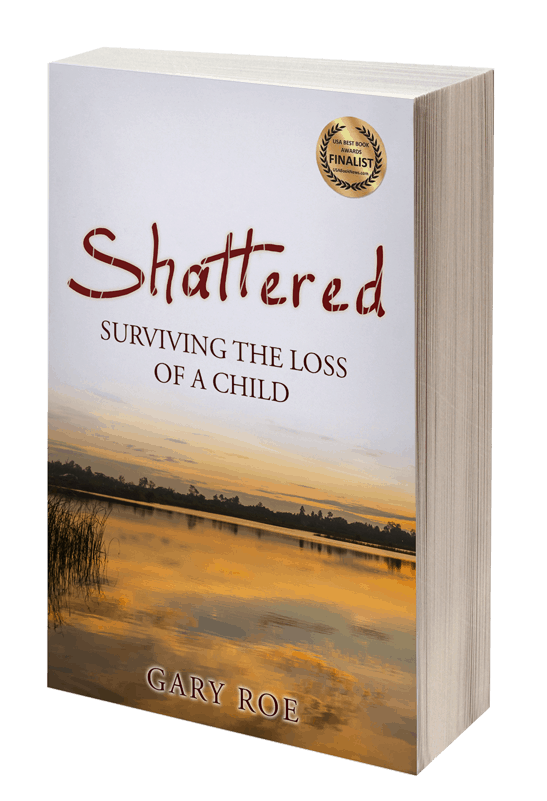
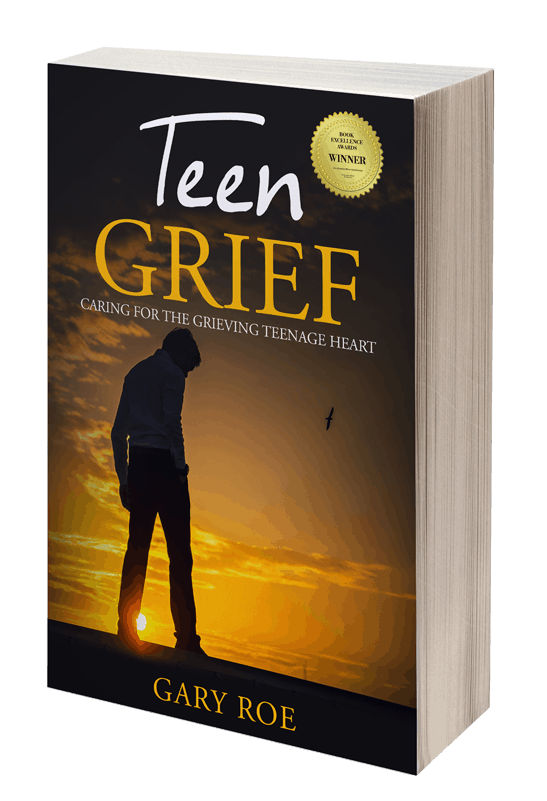
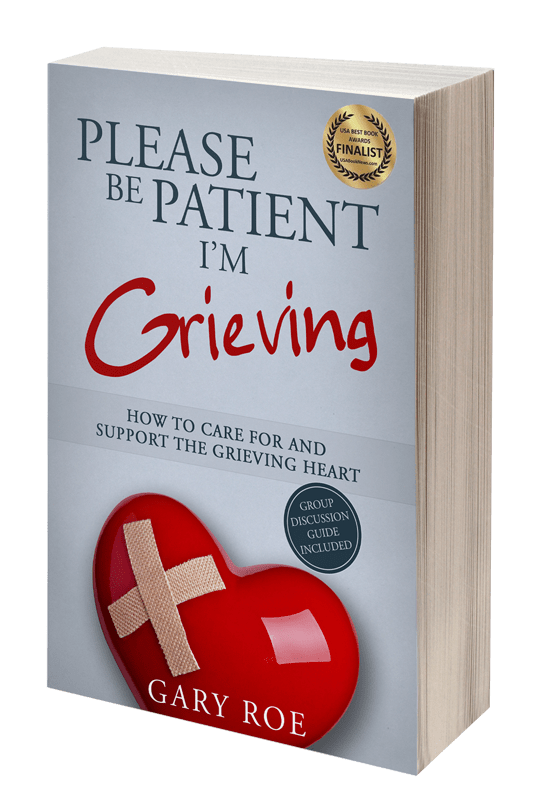
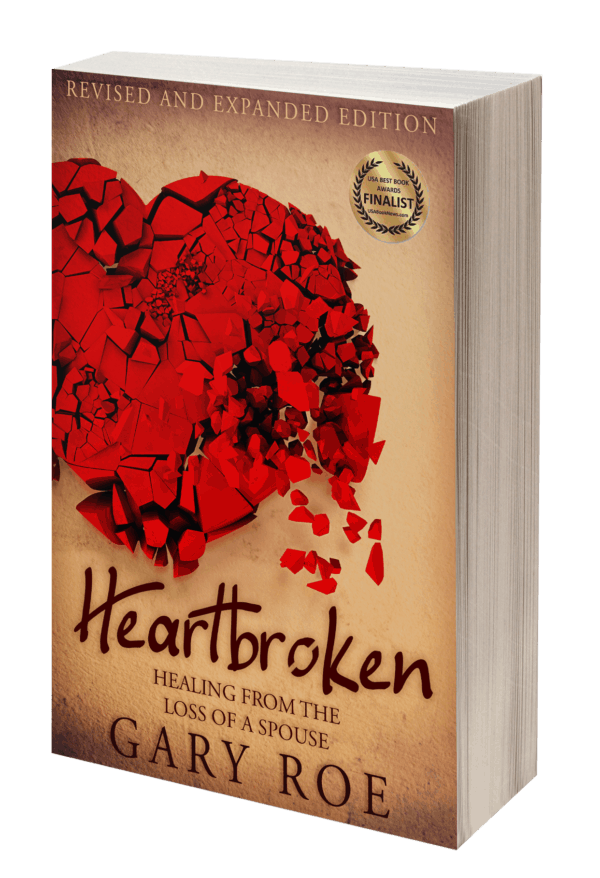
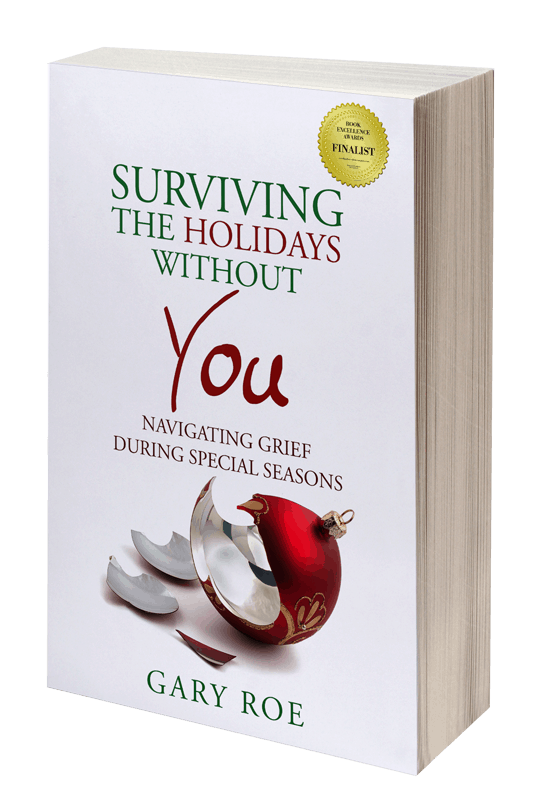
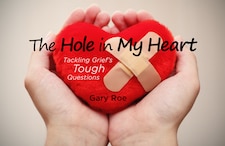
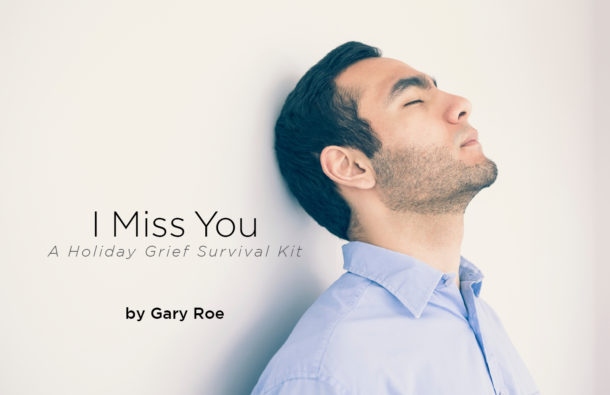
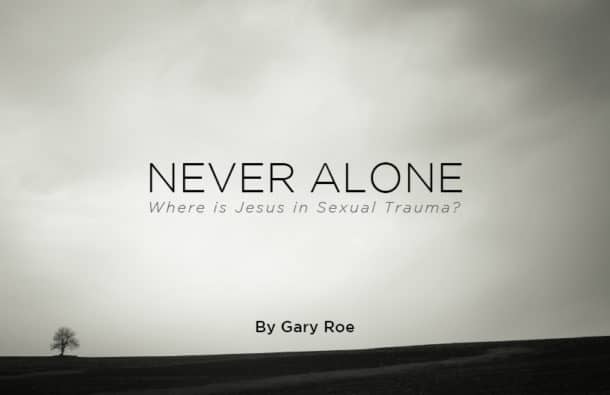

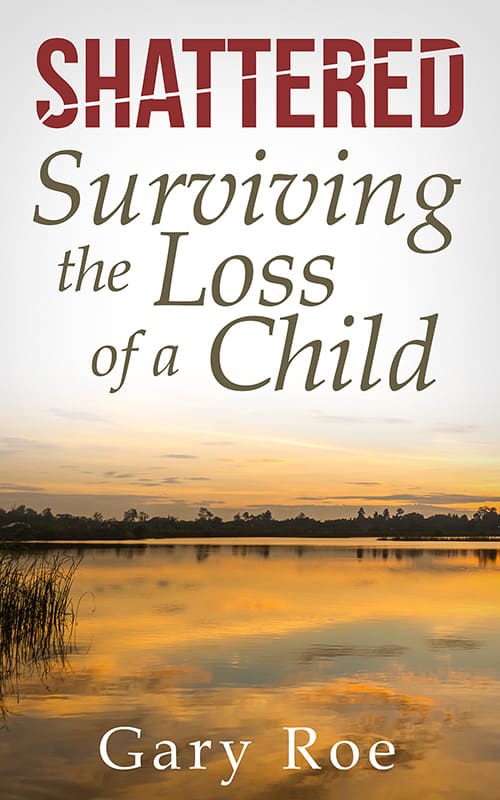
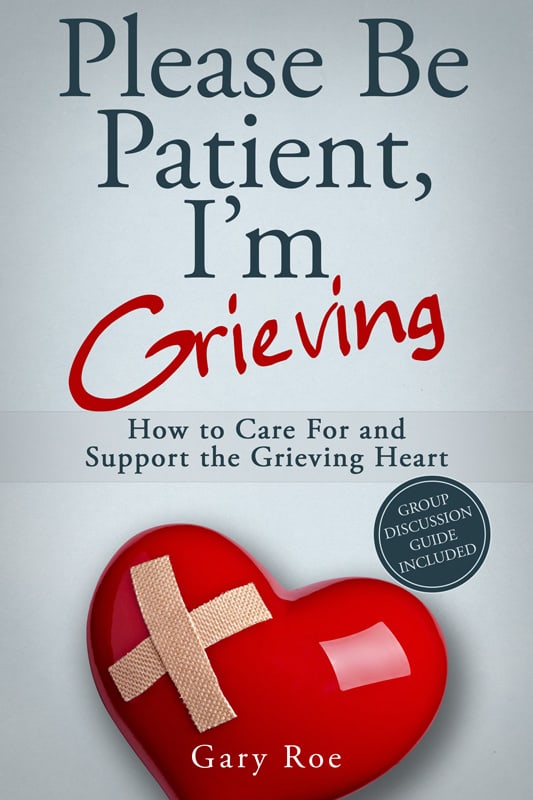
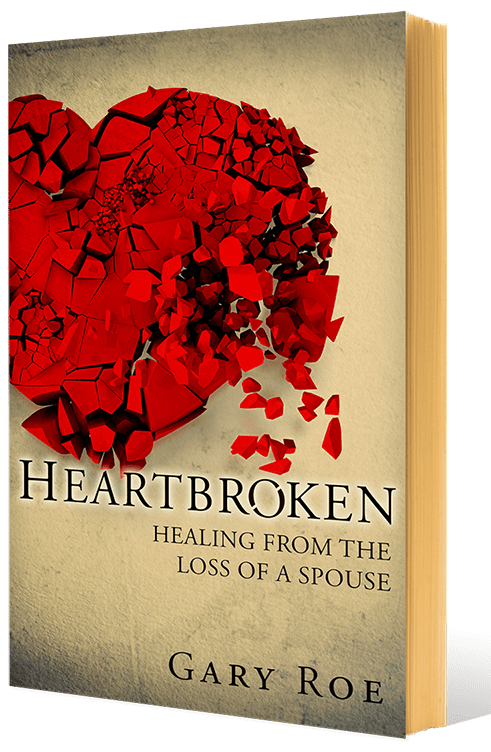
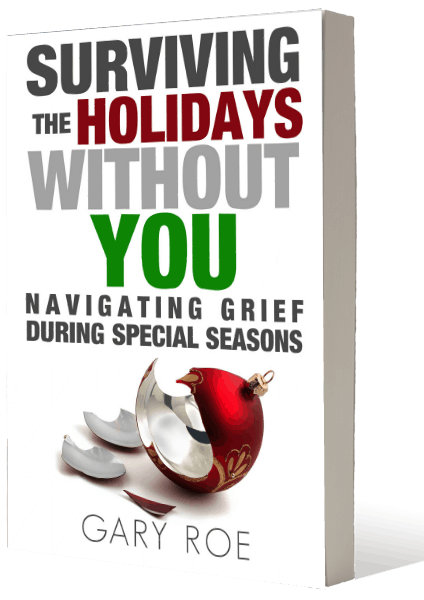
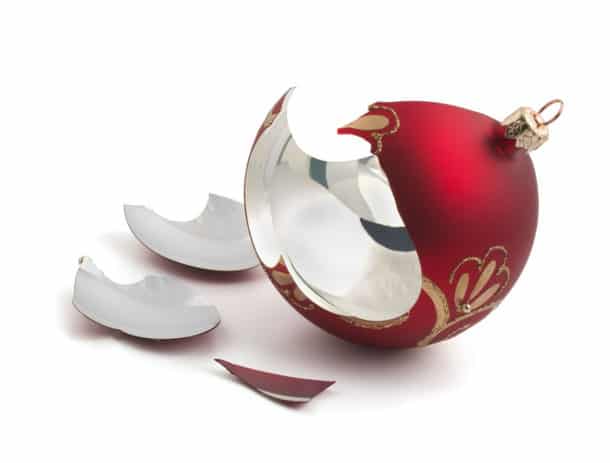
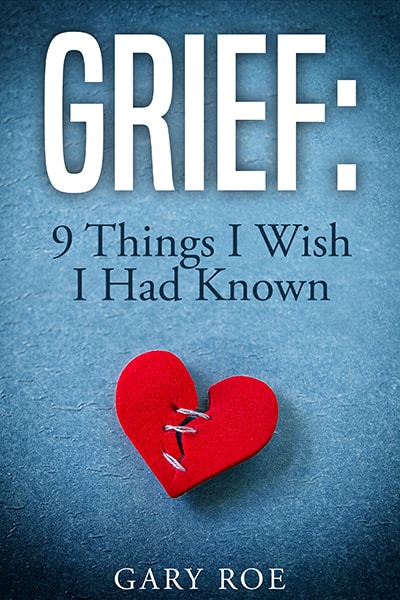
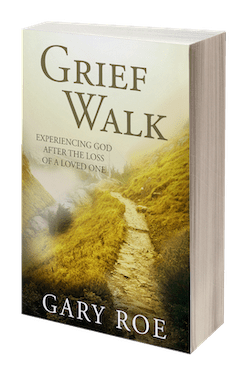
I went to counseling after my dad died. I year or so later, I noticed my anxiety was HIGH and impacted how I was functioning. My aunt commented that it could be because I didn’t feel safe now that my dad was gone. I went back to the same counselor for anxiety, and she helped me figure out how it was connected to depression/loss or the fear of how I was going to handle that loss in some big events that were coming up in the year. Counseling definitely helped me.
HI Blair. Good to hear from you, and thanks for sharing this. I believe this is the case for many of us and you put into words for us. Counseling has definitely helped me as well – more than once – through multiple losses. We need each other. And we need those with special training and gifts to walk alongside us and help us make sense of what seems senseless and even terrifying. Thanks again, Blair!
Gary, I lost my 17 son Hunter in a car accident eight years ago. I still have such grief that it is debilitating at times. I remember that day like it was yesterday, right down to what earrings I was wearing. I guess my question is do a lot of people still have grief this fresh after a time has passed since their child dies? I still have panic attacks and depression to the point that I don’t feel able to work.
Your thoughts would be appreciated.
Thank you.
Tiffany T. Wright
Hi Tiffany. Thanks for sharing this and for asking. As you know, there is no time limit on grief, and every person is different. Your love for Hunter is so clear and evident. I’m so sorry about all this, and about all the effects in your life. The freshness of grief can descend upon us at any time, even when the loss is decades old. Tiffany, do you have anyone where you are that you can share freely with – without fear of judgment? Talking and expressing what’s going on inside us with someone safe is huge. Also, have you heard of the Compassionate Friends or Bereaved Parents USA? Both are great groups designed to help parents walk through the deep grief of losing a child. Please stay in touch. Keep sharing. You are not alone.
Sucks
Yes, it certainly does. Badly.